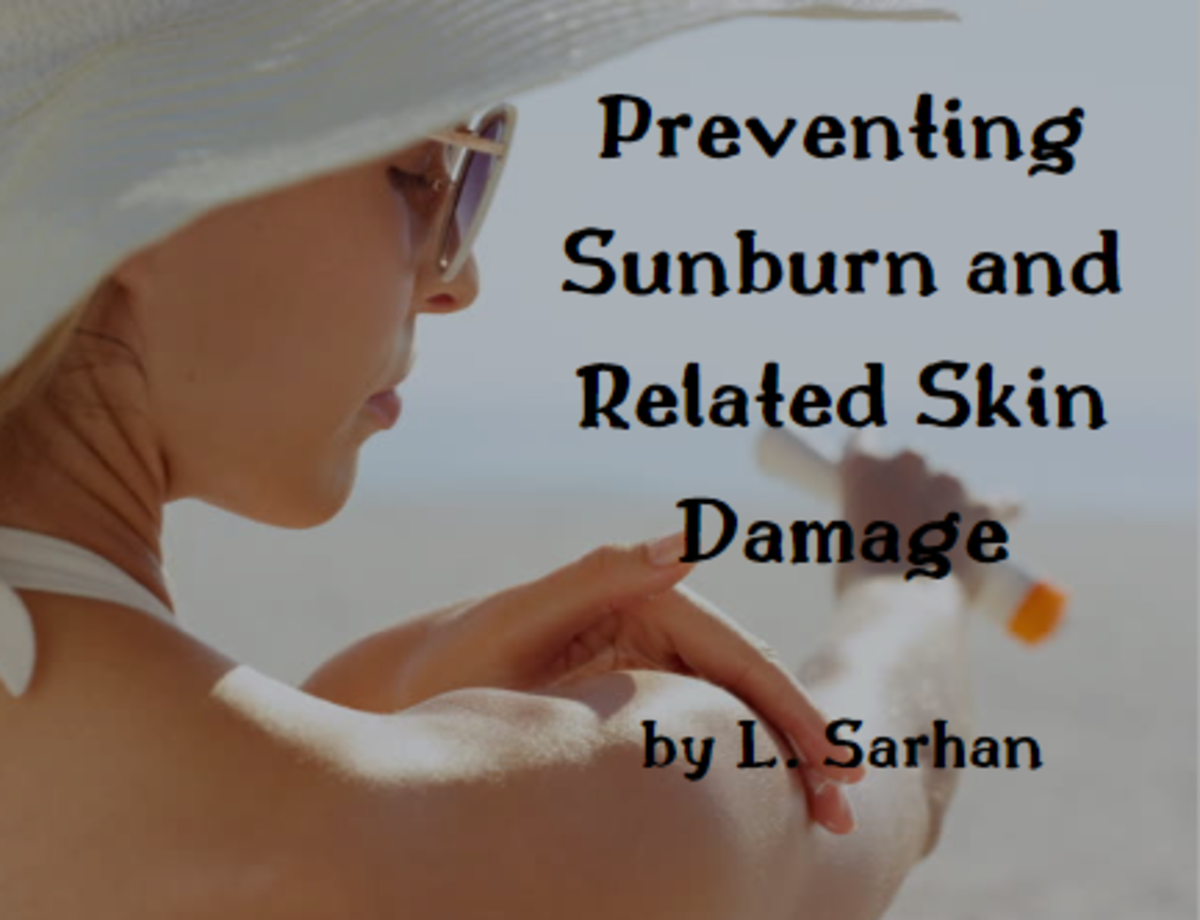Coconut Oil as Natural Sunscreen

Are you aware?
Did you know that natural oils can be used as sunscreen?


Natural and Safer sunscreen
My daughter has been a member of their school’s soccer varsity team for three years now. She has been using sunscreen to protect her from UV rays every time they have a game. Truth be told, another reason I always make sure she has her sunscreen is because she is using whitening soap. My daughter, like me and my husband has dark complexion. Even though she has not been conscious of her skin color before, being a teenager now, she aims to at least lighten it even just a little by using whitening soaps. I have heard that when you are using whitening soaps on a regular basis, your skin is more sensitive to UV rays, hence the need for a sunscreen. As we all know, UV rays in small amounts are beneficial to people in the production of vitamin D, but prolonged exposure can affect our skin. According to Organicsun.co.uk, UV rays cause premature ageing, in which our skin becomes wrinkled and drier, and there is mottled pigmentation. Further, they stated that according to The Skin Cancer Foundation, “90% of the signs of ageing we experience are caused by skin damage from UV rays”, and that UV light also affects the cellular DNA of our skin which can lead to skin cancer. I have nothing against synthetic sunscreen, since I have mentioned above that my daughter has been using it for almost three years, and thankfully, my daughter has not experienced any skin problems that may be caused by UV rays. But I kept thinking about them being synthetic and the possible chemical compositions or ingredients that may have been used and the possible side effects of continued use, which prompted me to do some research on articles which discuss them and to try to look for natural alternatives which my daughter can use.
Physical and chemical sunscreen
I have come across one which states that there are two categories of sunscreen: physical and chemical (Loux, R., 2012). According to Loux, physical sunscreen, or sunblock, “contains natural minerals such as titanium dioxide and zinc oxide that cover the surface of skin to physically block or reflect broad spectrum of the sun’s UVA and UVB rays, but, says that unless you’re using high-end physical SPF products, sunblock can be thick and messy to apply, and sometimes leave a white sheen and residue that can clog pores and require scrubbing and rubbing to remove.” Chemical sunscreen on the other hand, she says “contains synthetic ingredients such as oxybenzone and octinoxate”, which are absorbed into the skin protecting it from UV rays, including the deeper layers but can lead to skin irritation and other adverse reactions. “Plus, the ingredients can generate cell-damaging free radicals when exposed to the sun.” She added that other ingredients that should be avoided are Retinyl Palmitate (Vitamin A Palmitate), Homosalate and Octocrylene.Loux adds that FDA studies show “that retinyl palimitate may speed the development of malignant cells and skin tumors when applied to skin before sun exposure”, Homosalate “accumulates in our bodies faster than we can get rid of it, becomes toxic and disrupts our hormones”, and Octocrylene “absorbs the rays and produces oxygen radicals that can damage cells and cause mutations” (6 Scary Sunscreen Ingredients and 6 Safe SPF Products, 2012).
Natural oils as safe alternatives
Instead of this chemical and physical sunscreen, my daughter, a dark skinned beauty, now uses virgin coconut oil now. It is readily available here in the Philippines, aside from being inexpensive and it has been proven safe because coconut oil has been used as sunscreen for a very long time now specially by islanders in tropical countries.Paul Fassa, in his article Ditch the Toxic Sunscreen, Use Coconut Oil Instead, stated that “Bruce Fife, ND, author of Coconut Cures: Preventing and Treating Common Health Problems with Coconut Oil, explains that coconut oil applied on the skin protects against sunburn and cancer, and unlike sunscreen, unprocessed coconut oil doesn’t completely block the UVB rays, thus, our body’s access to vitamin D is not hampered. It protects our skin and underlying tissues from damage which is caused by excessive exposure, strengthens it and makes it more resilient and less prone to sunburn.” Blocking about 20% of UV rays when applied, coconut oil is effective enough when reapplied as often as you think necessary.
I am hoping that by using virgin coconut oil, the risks of my daughter getting skin cancer will be minimized, since she plans on playing soccer indefinitely. She is hoping that she gets to become a varsity player in college.
There are other natural oils that can be used as safe alternatives. Bewellbuzz.com has shared a list of natural oils along with their corresponding spf: carrot seed oil, spf 38-40; wheatgerm oil, spf 20; coconut oil, spf 2-8; macadamia nut oil, spf 6; shea butter, spf 3-6; raspberry seed oil, spf 28-50; avocado oil, spf 4-15; olive oil, spf 2-8; almond oil, spf 5; jojoba oil, spf 4. Other botanical oils that can be used as natural sunscreen are: cupuacu seed butter, grape seed oil, hemp seed oil, mango butter, rice bran oil and sunflower oil. These oils, aside from the fact that they are safe as sunscreen also helps our skin in terms of moisturizing, cellular growth and repair, anti-inflammatory and healing property, and anti-aging due to their anti-oxidant contents (Miller, S., 2012).
Sources:
Loux, Renee. 2012. 6 Scary Sunscreen Ingredients and 6 Safe SPF Products. Retrieved at http://blog.womenshealthmag.com/beauty-style-buzz/6-scary-sunscreen-ingredients-and-6-safe-spf-products/. 8 August 2013.
Miller, Samantha. 2012. Natural Sunscreen Ingredients. Retrieved at http://thenakedchemist.com/natural-sunscreen-ingredients/. 8 August 2013.
Fassa, Paul. (2013). Ditch the toxic sunscreen; use coconut oil instead. Retrieved at http://www.undergroundhealth.com/ditch-the-toxic-sunscreen-use-coconut-oil-instead/. 8 August 2013.
(__). 10 Oils With Natural SPF. Retrieved at https://www.facebook.com/bewellbuzz?directed_target_id=0. 8 August 2013.








